Introduction to the University of Antananarivo:
Introduction
The University of Antananarivo (French: Université d'Antananarivo) is the leading public university in Madagascar. It is located in the country's capital, Antananarivo. It occupies an important position in the field of higher education in Madagascar and is a member of the African University Association (AAU).
Overview
Establishment time: December 16, 1955. Its predecessor was the Antananarivo Institute for Advanced Studies. In 1961, it was renamed the University of Madagascar and was officially named the University of Antananarivo in 1988.
Campus distribution: There are five branches in Antsiranana, Fianarantso, Toamasina, Toliara and Mahajanga.
College Settings: There are 10 colleges in total, including the Higher Normal School, the School of Science, the School of Law and Political Science, the School of Agronomic Sciences, the Department of Economic Management and Sociology, the School of Medicine, the School of Technology, the School of Literature and Humanities, the Souavinandriana-Itasi Higher Education College, and the Antsirabe-Vakinan Karatra Higher Education College.
International Cooperation: There is extensive cooperation with Chinese universities, such as the Confucius Institute of the University of Tasmania, co-organized with Jiangxi Normal University, which was unveiled in 2008, and signed a memorandum of understanding on academic cooperation and exchange with Beijing Foreign Studies University in 2021.
History
The school originated from the Antananarivo Institute of Advanced Studies in 1955, and later became the core of higher education in Madagascar. After several name changes and expansions, it was determined to be the current name in 1988. During its development, it has continuously cultivated talents in various fields for Madagascar and promoted the country's education and social development.
School Strength
As the most representative university in Madagascar, it has strong faculty and rich teaching resources, providing students with good learning and research conditions, with high academic level and scientific research capabilities in multiple disciplines, and the graduates trained have a certain influence in Madagascar and internationally.
Institutional Nature
It is a public university in Madagascar, with the purpose of serving the country and society, and is committed to providing high-quality education and promoting academic research.
Educational Philosophy
Focus on cultivating all-round talents, emphasizing the organic combination of knowledge imparting, ability cultivation and moral shaping, and is committed to providing students with an international educational perspective and opportunities for cross-cultural exchanges, so that students can adapt to the development trend of globalization.
Key Disciplines
It covers a number of key disciplines, such as agricultural science, medicine, law, literature, economics, science, etc. These disciplines have achieved remarkable results in teaching and scientific research, and have provided important support for the development of the school and the construction of the country. No relevant content of the key laboratory has been mentioned yet.
Faculty
The above 10 colleges, each of which has its own unique advantages and characteristics in teaching, scientific research and talent training, together constitute the academic system of the University of Antananarivo.
Ranking
It is in a leading position among domestic universities in Madagascar and has a certain reputation in Africa and internationally, but there is no specific international ranking data that is widely recognized.
Campus environment
Main campus: Ambohitsaina campus is the main campus and the location of the Confucius Institute. The campus facilities are relatively complete, with teaching buildings, libraries, laboratories, student dormitories and other buildings, providing students with a good learning and living environment.
Overall atmosphere: The campus has a strong cultural atmosphere and is full of the vitality of academic research and cultural exchanges. Students come from different regions and backgrounds, forming a diversified campus culture.
-

University of Mahajanga
-
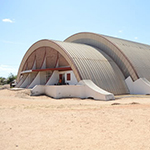
University of Toliara
-

University of Antananarivo
-
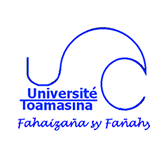
University of Toamasina
-
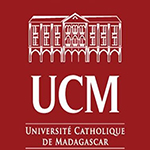
Catholic University of Madagascar
-
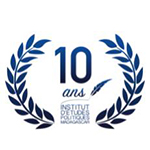
Madagascar Institute of Political Studies
-
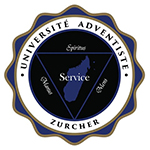
Zurcher Adventist University
-

Mesoamerican University
-

Istmo University
-

Mariano Galvez University of Guatemala
-

Regional University of Guatemala
-

Galileo University
-

Francisco Marroquín University
-

Rafael Landívar University
-

University of the Valley of Guatemala
-

University of San Carlos of Guatemala
-

Technological Institute of Tlaxcala Plateau
-

Golfo University
-

Technological University of South Sonora
-

Technological University of Huejotzingo
-

Tizimín Institute of Technology
-

Chilpancingo Institute of Technology
